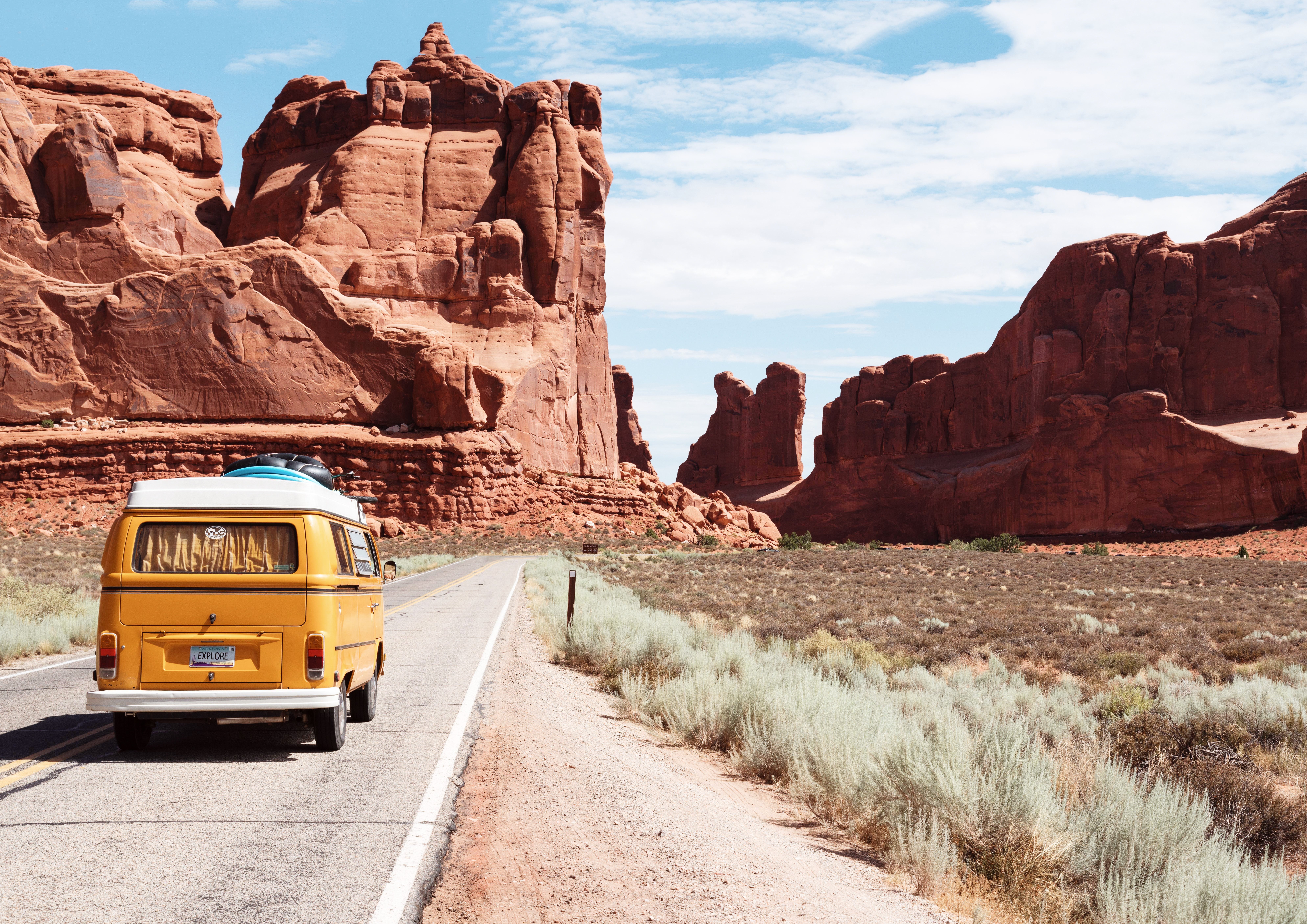How the Travel Industry is Tackling Overtourism
By Inspira Marketing
November 14, 2019
By Inspira Marketing
November 14, 2019
According to Global Wellness Summit, more than 1.3 billion people travel internationally on an annual basis. That’s both a significant portion of the world’s population and a massive increase from 500 million travelers back in 1995. While this change is positive news in that global wealth continues to rise, there’s just one problem: everyone wants to go to Paris.
Well, not just Paris, but you get the point. Euromonitor data indicates that 46% of global travelers go to just 100 destinations, and the unfortunate reality is that many of these places are being threatened in both environmental and social ways as a result of overtourism.
How, exactly, does overtourism manifest itself? In cities like Barcelona, Dubrovnik, and Venice, residents have complained about noise levels, displacement of local businesses, changing neighborhood character, and rising rent. Due to the profitability of services like AirBnB, landlords in some cities have pushed out residents altogether. On the other side of the spectrum, heritage sites like Machu Picchu face heavy foot traffic that leads to litter, as well as damage to the physical and spiritual integrity of the landscape. Likewise, formerly pristine beaches in locations like the Philippines or Thailand are threatened by litter and crowds.
Of course, we can’t just wave a wand and expect these problems to go away. Travelers still want to visit these locations for the same reason that millions before them have done so. However, tourism associations and travel companies around the world are taking notice of the overtourism problem and are doing their best to help mitigate the consequences. Here, we take a look at some examples of how the travel industry is transforming in order to take on this growing concern.

Korean Tourism Association
In order to raise awareness about the harm of single-use plastics while traveling, the Korean Tourism Association planned and hosted a zero-waste trip for travelers. During the two-day trip, they were given reusable water bottles, multi-use containers, cloth napkins, and were instructed to leave nothing on their plates at cafes and restaurants. The result? A trip that produced less than half of a liter of waste per person and a new means of operation for the Korean Travel Association. Going forward, they plan to do these trips biannually to promote the future of zero-waste travel.
Natural Habitat Adventures
National parks are some of the favorite destinations for travelers looking to enjoy the beauty of the outdoors, but even camping trips produce more waste than you’d think. That’s why Natural Habitat Adventures, a 100% carbon neutral travel company, is tackling the lofty goal of leading a zero-waste camping trip in Yellowstone National Park. How will they do it? Beyond using reusable containers and water bottles, they will weigh out food to accurately portion for the trip and compost that which is not used. Their hope, beyond maintaining the integrity of our national parks, is to create a blueprint that can be adopted by the tourism industry on the whole.
Travalyst
If you want to know whether the car you’re buying has a good emissions rating, there’s a place to check for that (and much more). However, for too long, the travel industry has had no such counterpart. Given the continued growth of international travel and the likelihood that it will balloon even more in the next decade, Prince Harry, the Duke of Sussex, has come up with a plan.
In September, he announced the launch of Travalyst, a new initiative that aims to make the tourism industry more environmentally responsible, increase the benefits of tourism to local communities, and educate people about how they can make travel decisions that are both environmentally and socially responsible. While the initiative is new and details have been sparse, there’s cause for optimism in that Prince Harry’s influence has earned the support and partnership of Visa, CTrip (China’s largest tour operator), TripAdvisor, and Booking.com. If Travalyst turns into the regulatory system and standard-bearer that the travel industry has long lacked, the world will be better for it.
Is your brand looking to appeal to today’s environmentally conscious travelers? Contact us today to learn how our suite of experiential-led services can help you build brand awareness, encourage trial, and earn lifelong loyalists.
{{cta(‘61004bdb-f2f4-4c7f-b7ea-e57bed292904’)}}
Sources: Global Wellness Summit 2019 Global Wellness Report, Cassandra Daily